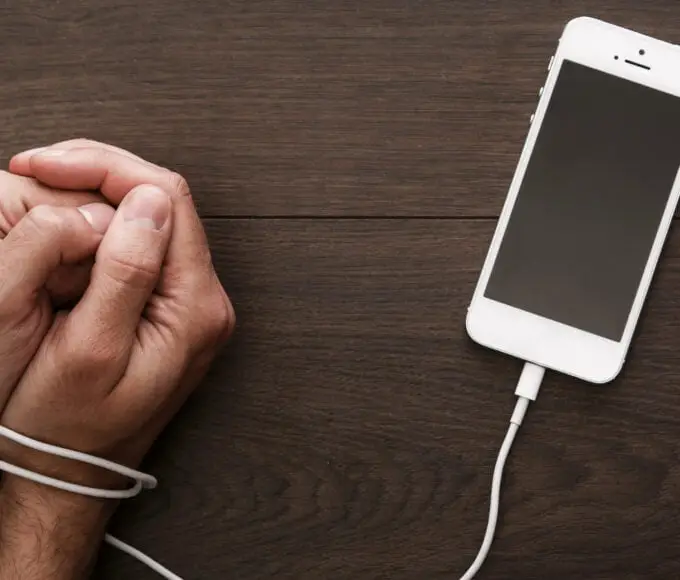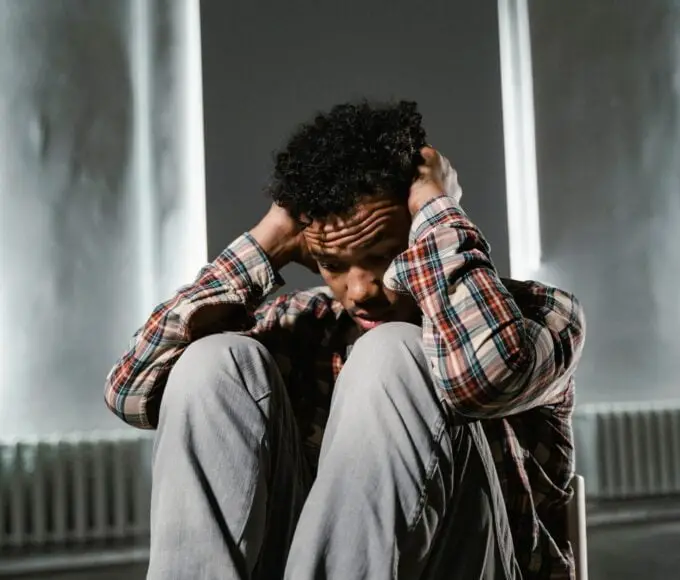Phobias are an extremely common type of anxiety disorder that can affect anyone, regardless of age or gender. They are intense and irrational fears of specific objects, situations, or activities. Phobias can be so severe that they interfere with daily life and cause significant distress.
In this blog post, we will delve into the topic of phobias in detail, exploring the types of phobias, their symptoms, causes, and treatments.
Phobia Definition: What are Phobias, and What Causes Them?
To begin with, let’s define phobias. Phobias are irrational fears that cause significant anxiety and distress. They can be caused by a variety of factors, including genetics, life experiences, and brain chemistry.
Types of Phobias: What Are the Different Kinds of Phobias?
There are many different types of phobias, and each one is associated with a specific object, situation, or activity. Some of the most common types of phobias are:
- Arachnophobia (fear of spiders)
- Acrophobia (fear of heights)
- Agoraphobia (fear of crowded places)
- Claustrophobia (fear of small spaces)
- Social phobia (fear of social situations)
Specific Phobias: Understanding the Most Common Types
Specific phobias are the most common type of phobia, affecting around 12% of the population. Some of the most common specific phobias include arachnophobia (fear of spiders), acrophobia (fear of heights), and aviophobia (fear of flying).
Social Phobia: Understanding the Fear of Social Situations
Social phobia, also known as social anxiety disorder, is a fear of social situations that can be so severe that it interferes with daily life. This can include fears of public speaking, meeting new people, or attending social gatherings.
Agoraphobia: Understanding the Fear of Being Trapped
Agoraphobia is a fear of being in situations where escape may be difficult, such as crowded public places or open spaces. This can lead to a fear of leaving the house or being unable to travel alone.
Symptoms of Phobias: What Are the Signs of a Phobia?
Phobias are often associated with intense physical and emotional reactions that can disrupt the daily life of an individual. Some of the common symptoms of phobia include:
- Sweating
- Rapid heartbeat
- Shortness of breath
- Trembling
- Nausea
- Panic attacks
Causes of Phobias: What Leads to the Development of a Phobia?
The exact cause of phobia is not known, but it is believed to be a combination of genetic, environmental, and psychological factors. Some of the common causes of phobia include:
- Traumatic events
- Genetics
- Overprotective parenting
- Learned behavior
- Chemical imbalances in the brain
Phobia Diagnosis: How Are Phobias Diagnosed?
A diagnosis of a phobia is typically made by a mental health professional, such as a psychologist or psychiatrist. They will conduct an evaluation to assess the symptoms, severity, and impact of the phobia on daily life.
Phobia Treatment: How Are Phobias Treated?
Phobia treatment typically involves a combination of therapy and medication. Cognitive-behavioral therapy (CBT) is the most effective form of therapy for phobias, and medication such as beta-blockers and antidepressants can also be used to manage symptoms.
The treatment of phobia depends on the severity of the symptoms and the type of phobia. Some of the common treatment options include:
- Cognitive-behavioral therapy
- Exposure therapy
- Medication
- Relaxation techniques
- Support groups
Exposure Therapy: The Most Effective Treatment for Phobias
Exposure therapy is a form of CBT that is widely considered to be the most effective treatment for phobias. It involves gradually exposing the person to the feared object or situation, helping them to confront and overcome their fear over time. This can be done in a controlled and supportive environment, such as with the help of a therapist.
Relaxation Techniques: Managing Phobia Symptoms
In addition to exposure therapy and medication, relaxation techniques such as deep breathing, meditation, and muscle relaxation can be helpful in managing phobia symptoms. These techniques can help reduce anxiety and promote a sense of calm.
Self-Help Strategies: Overcoming Phobias on Your Own
While phobia treatment is often best done with the help of a mental health professional, there are also self-help strategies that can be effective in managing phobia symptoms. These can include self-help books, online resources, and support groups.
Phobia Prevention: Can Phobias Be Prevented?
While it may not be possible to completely prevent the development of phobias, there are steps that can be taken to reduce the risk of developing a phobia. These can include managing stress, seeking support for traumatic life experiences, and avoiding drug and alcohol use.
Coping with Phobias: Living with a Phobia
Living with a phobia can be challenging, but there are ways to cope and manage the fear. This can include seeking treatment, practicing self-care, and using coping strategies such as distraction and relaxation techniques.
Phobia Myths: Separating Fact from Fiction
There are many myths and misconceptions surrounding phobias, such as the belief that they are a sign of weakness or that they are easily cured with exposure therapy. It’s important to separate fact from fiction and understand the true nature of phobias.
Seeking Help for Phobias: When to See a Professional
If you are experiencing symptoms of a phobia, it’s important to seek help from a mental health professional. They can provide an accurate diagnosis and develop a treatment plan that is tailored to your specific needs.
Conclusion
Phobias are a common and often debilitating type of anxiety disorder. However, with the right treatment and support, it is possible to overcome the fear and live a fulfilling life. By understanding the types of phobias, their symptoms, causes, and treatments, you can take the first step towards managing and overcoming your fears.
Last worded from Author
In writing this blog post, we hope to have provided you with a comprehensive understanding of what phobias are and how they can be effectively treated. Remember, if you or someone you know is struggling with a phobia, seeking help from a mental health professional is the first step towards finding relief and living a more fulfilling life. Don’t let fear hold you back from living your best life.
FAQs
The most common phobias are agoraphobia, social phobia, specific phobias, and claustrophobia.
The causes of phobias are not fully understood, but they can be triggered by traumatic events, genetics, and brain chemistry.
Phobias can be effectively treated, but a cure is not always possible. Treatment can involve therapy, medication, and lifestyle changes.
No, exposure therapy is not the only treatment for phobias. Other treatment options include cognitive-behavioral therapy, medication, and relaxation techniques.
Yes, phobias can develop at any age, including in adulthood. They can be triggered by traumatic events or stressful situations.
Yes, phobias can be inherited. Genetics can play a role in the development of phobias, but environmental factors also play a significant role.
If you think you have a phobia, it’s important to seek help from a mental health professional. They can provide an accurate diagnosis and develop a treatment plan that is tailored to your specific needs.
References:
- American Psychiatric Association. (2013). Diagnostic and statistical manual of mental disorders (5th ed.). https://doi.org/10.1176/appi.books.9780890425596
- National Institute of Mental Health. (2018). Phobia. https://www.nimh.nih.gov/health/topics/anxiety-disorders
- American Psychological Association. (2020). Publication manual of the American Psychological Association (7th ed.). https://doi.org/10.1037/0000165-000
Also Read






